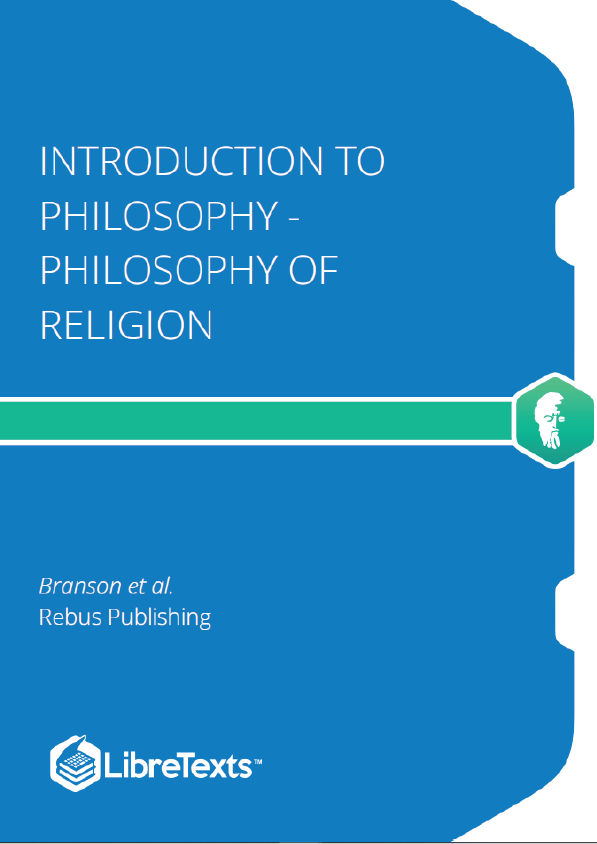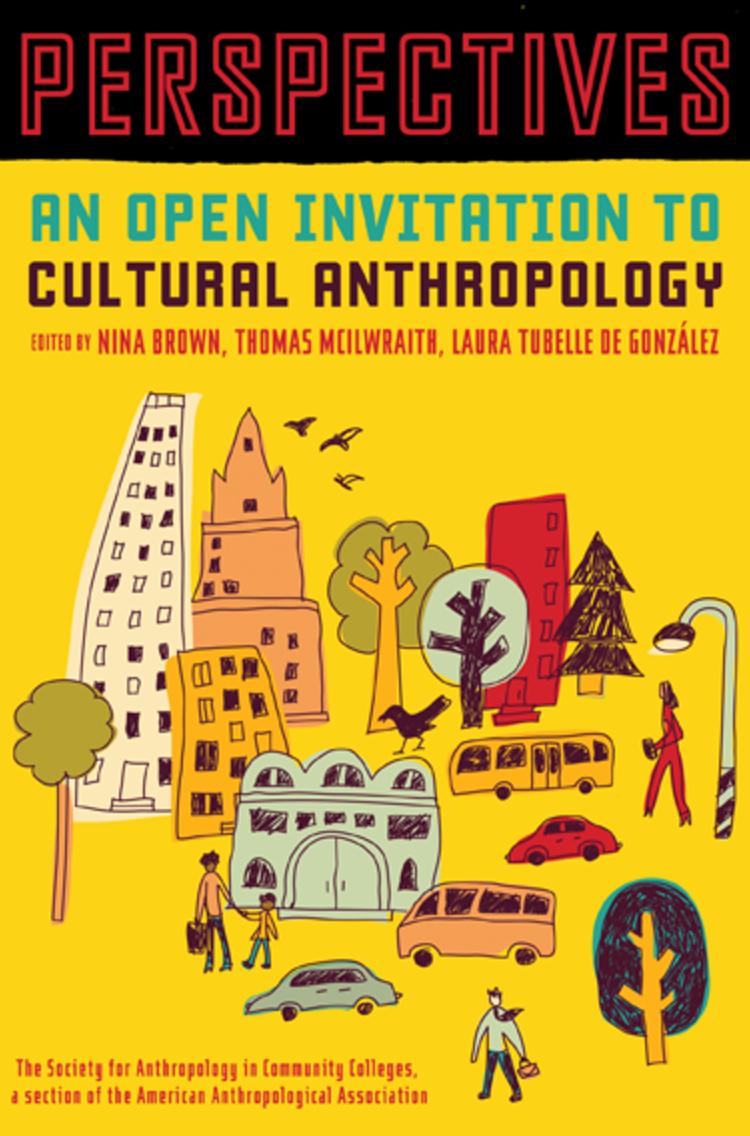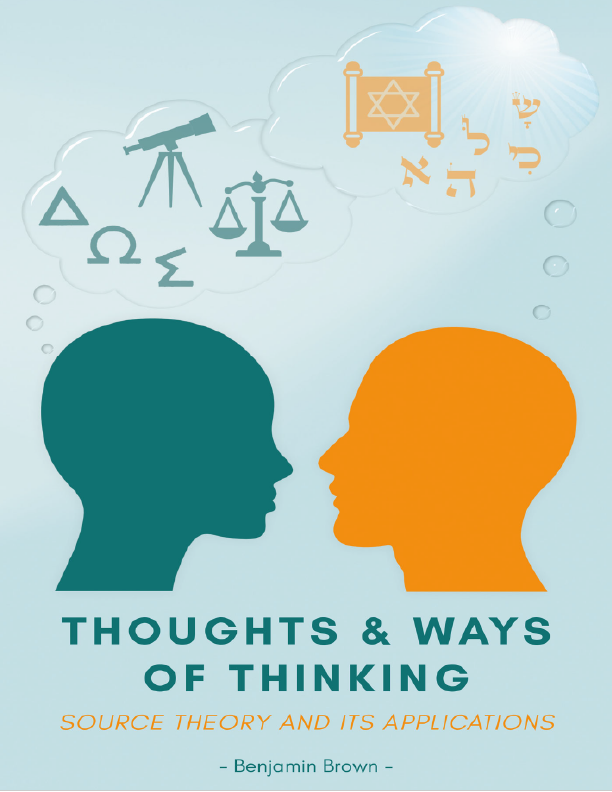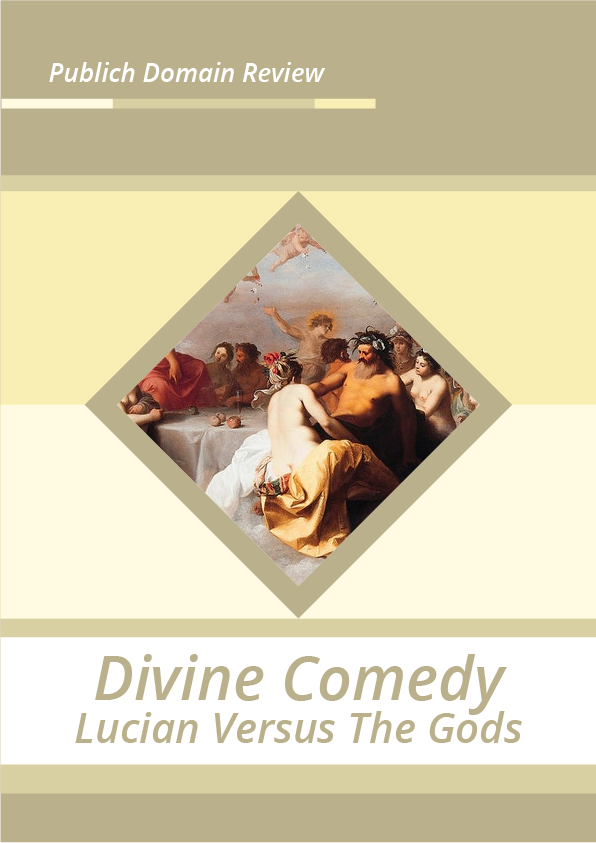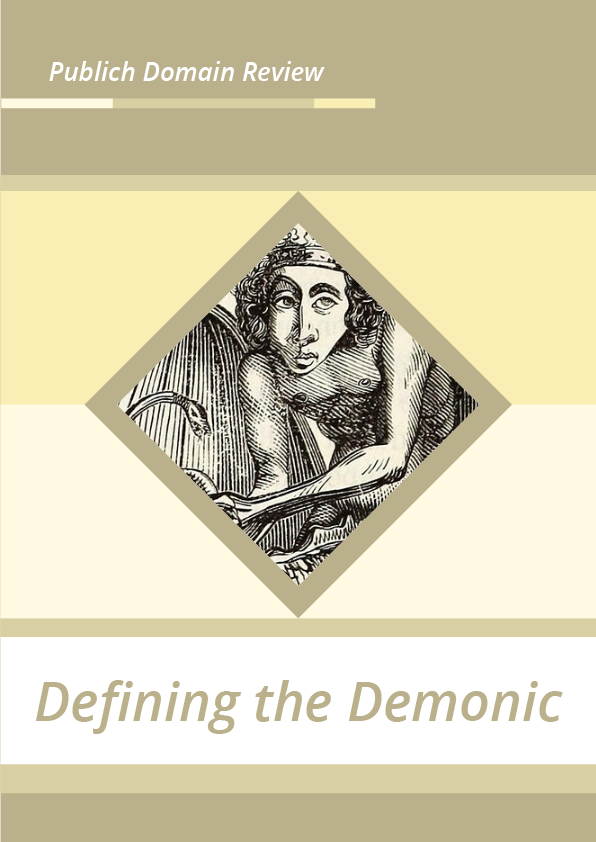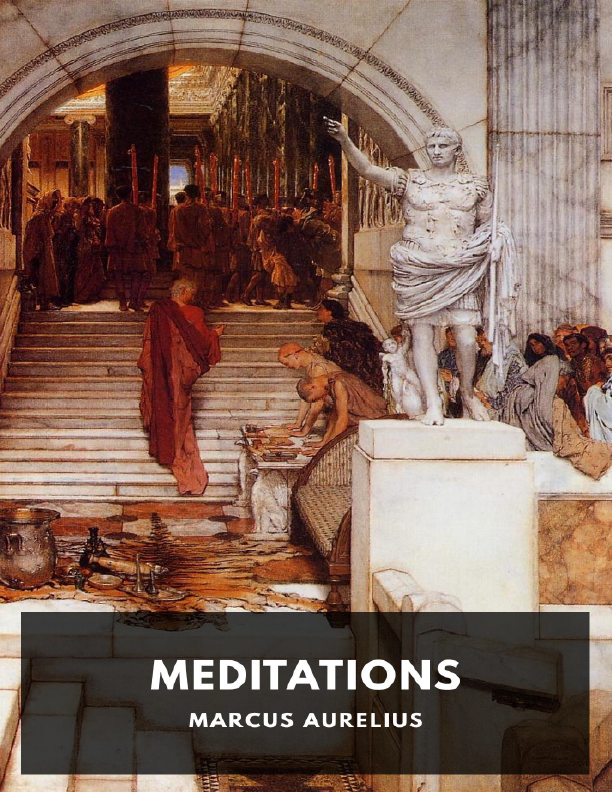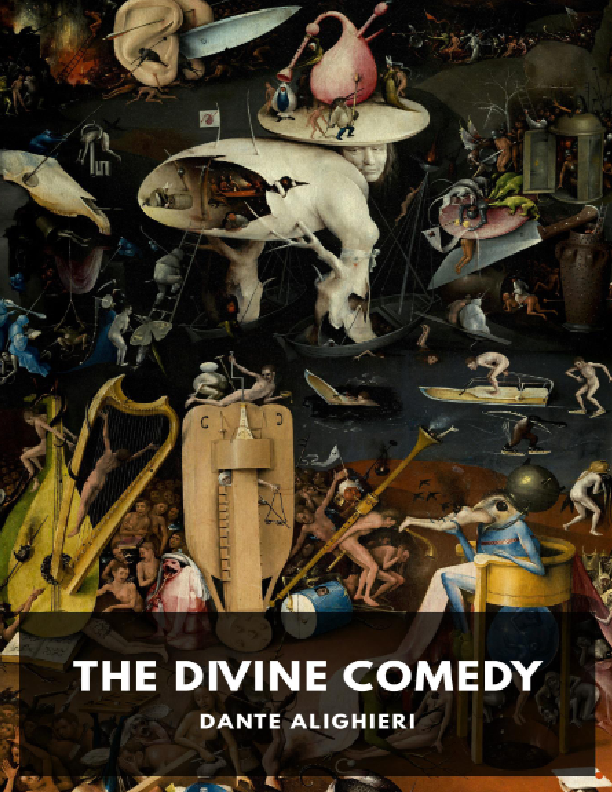Introduction to Philosophy: Philosophy of Religion introduces some of the major traditional arguments for and against the existence of God, as well as some less well-known, but thought-provoking arguments for the existence of God, and one of the most important new challenges to religious belief from the Cognitive Science of Religion. An introductory chapter traces the connection between philosophy and religion throughout Western history, and a final chapter addresses the place of non-Western and nonmonotheistic religions within contemporary philosophy of religion.
Philosophers have gotten something of a bad reputation for widespread—and perhaps closed-minded—atheism. The reality, however, is quite otherwise. We will address the reputation of closed-mindedness towards the end of this chapter. But first we’ll address the historical point. For most of their history, philosophy and religion have almost always been intertwined in one way or another, and the vast majority of philosophers have had some kind of religious beliefs, oftentimes central to their philosophy, whether or not they have made the links explicit. And this is not without good reason. Though their methods (sometimes) differ, philosophy and religion have always shared a number of similar goals in terms of seeking answers to life’s “Big Questions,” questions about the ultimate nature of reality, our purpose or place in the world, the meaning of life and how we should live it (compare the discussion of the “life is a journey” metaphor in Section 3 of Chapter 6). In Plato’s Republic, Socrates famously says, “It is no small matter we are discussing, but the very question of how we are to live our lives” (Book I, 352d). Many religious believers would say the same thing when discussing their religious beliefs.
Indeed, outside of Western culture, where a sharp division has developed between philosophy and religion as a result of the Enlightenment, it is sometimes hard to tell the difference between the two. Scholars agonize over whether Confucianism is “really” a religion or “only” a philosophy—or maybe neither one (Taylor 1990; Adler 2006; Sun 2015). Likewise for whether Buddhism fits neatly into either category, or maybe into both at the same time (Prebish et al. 2019). Chapter 6 of this book discusses in more detail how and why the Enlightenment may have contributed to this sharp division between philosophy and religion in the West. But even in the Western tradition, the division between philosophy and religion was not always so sharp prior to the Enlightenment, as we will see.
If you are new to philosophy, many of the philosophers discussed below may be unfamiliar to you. That’s OK! The point here is not to memorize names and dates, but to get a feel for how a representative sample of many of the “heavyweights” in the history of philosophy have interacted with religion, and how the two have, historically, not always been at odds with one another, but have rather been intertwined, mutually influencing one another.
